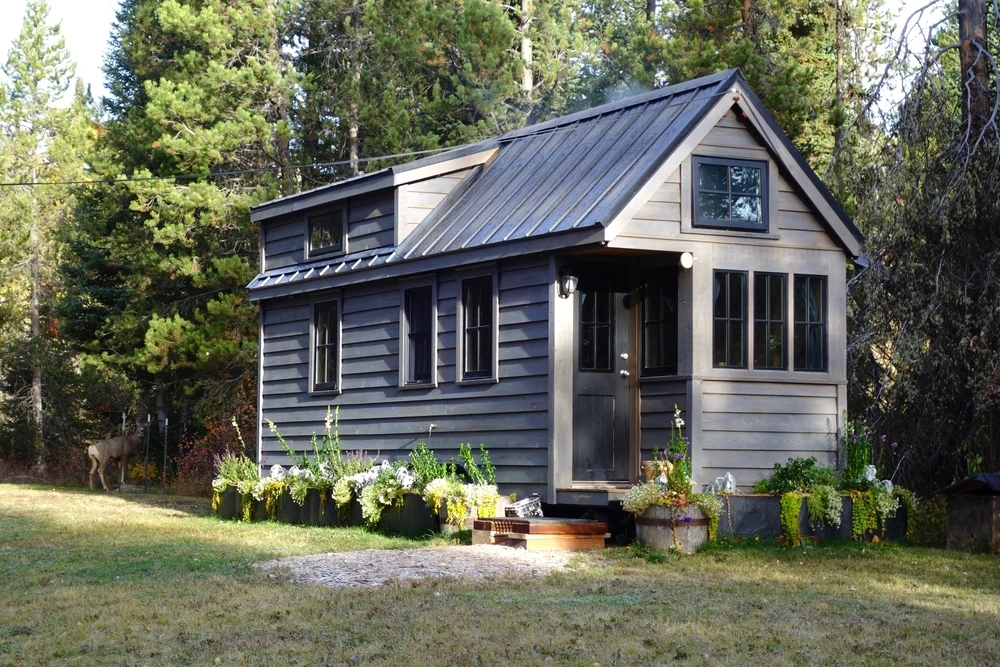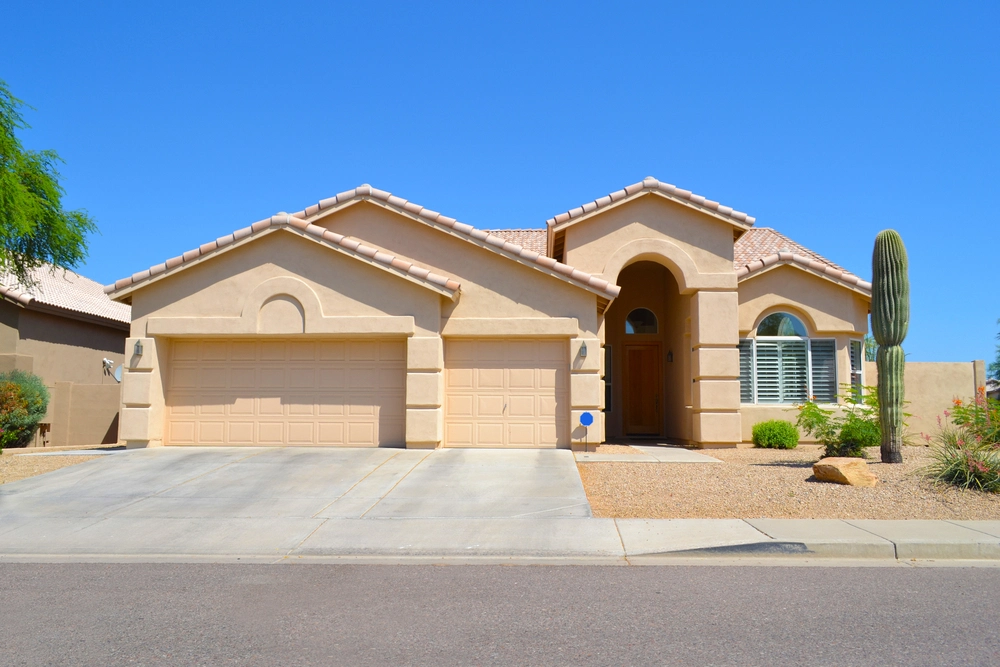
Welcome to our comprehensive guide on maximizing your ROI on Arizona rental properties. This blog delves into the essential strategies and insights needed to thrive in Arizona’s robust rental market. From understanding financing options and enhancing property value to effective tenant management and navigating legal considerations, you’ll find everything you need to make informed decisions and achieve long-term success with your rental property investments in Arizona.
Financing Your Investment
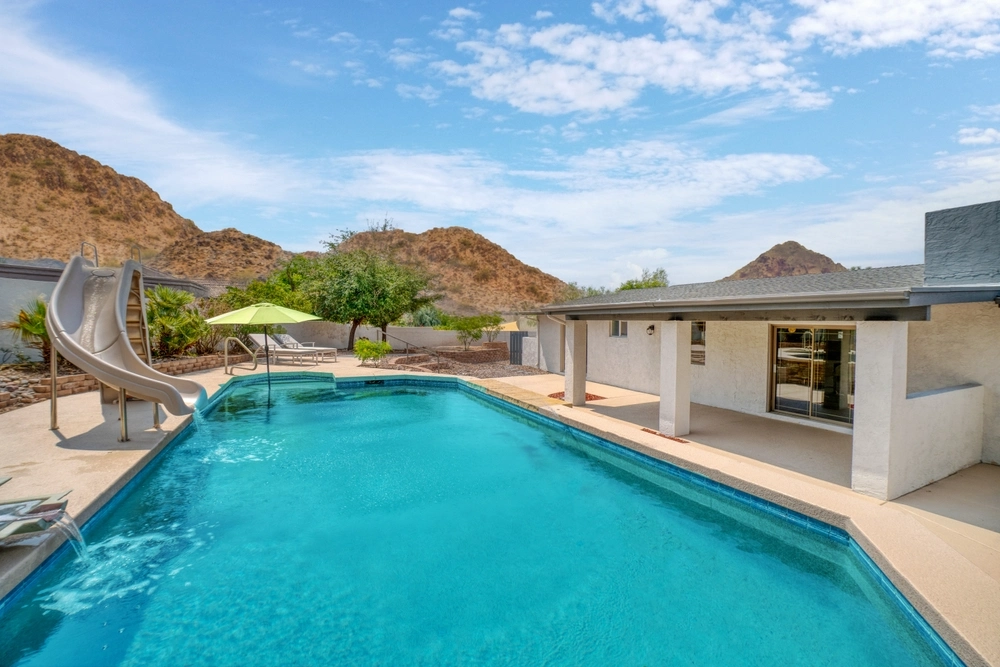
Understanding Financing Options
Financing a rental property in Arizona involves understanding the various loan options available. Conventional loans are popular, with interest rates typically starting around 5.99% and requiring a down payment of 15-25% source. Adjustable-rate mortgages (ARMs) offer lower initial rates that can adjust over time, while fixed-rate mortgages provide stability with consistent monthly payments.
For those looking to leverage existing home equity, a Home Equity Line of Credit (HELOC) can be a flexible option, allowing you to borrow as needed up to a certain limit. HELOCs are particularly useful for covering both down payments and renovation costs source.
Hard money loans, with interest rates ranging from 10% to 15%, are another option for investors needing quick access to capital. These loans are short-term and are often used for purchasing and rehabbing properties quickly source.
Calculating ROI
To determine your return on investment (ROI), use the formula: (Net Profit / Total Investment) x 100. For example, if you purchase a property for $300,000, earn $24,000 annually in rental income, and have $8,000 in annual expenses, your ROI would be approximately 5.33%. This calculation helps you assess the profitability of different properties and make informed investment decisions.
Enhancing Property Value
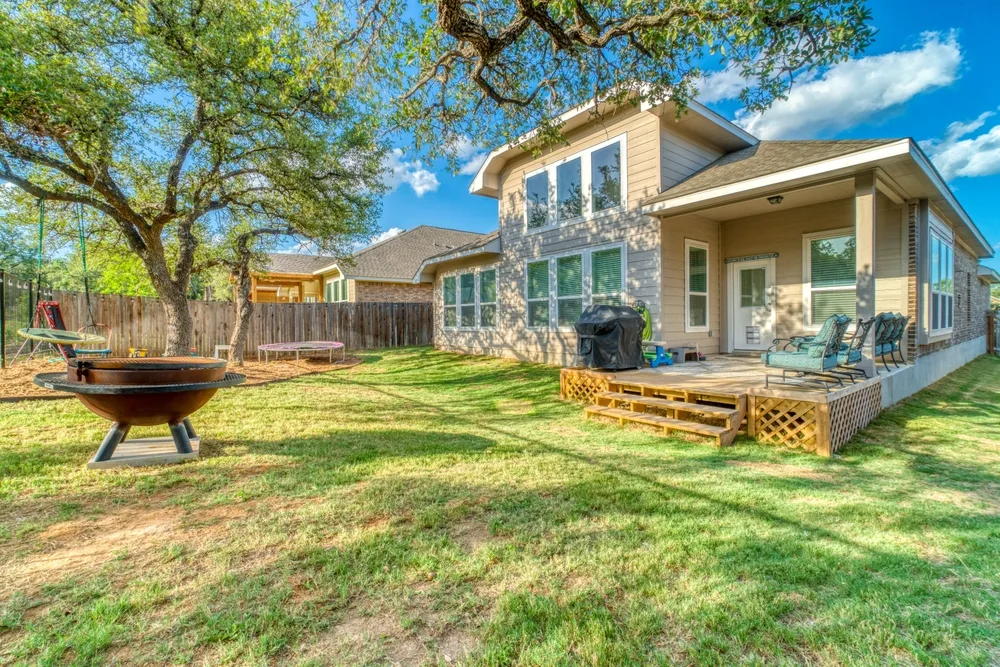
Upgrades and Renovations
Investing in upgrades and renovations can significantly enhance your property’s value and attract higher-paying tenants. Focus on kitchen and bathroom upgrades, which can yield an ROI of 75-85%. Energy-efficient improvements, such as installing solar panels or upgrading to energy-efficient appliances, not only reduce utility costs but also appeal to eco-conscious renters.
Other valuable upgrades include modernizing flooring, painting, and adding smart home features like programmable thermostats and security systems. These improvements can make your property more attractive in a competitive rental market.
Curb Appeal and Landscaping
First impressions matter, and enhancing your property’s curb appeal can increase its value by up to 20%. Consider landscaping options like xeriscaping, which is both attractive and low-maintenance, ideal for the Arizona climate. Simple additions like fresh paint, new lighting, and well-maintained pathways also contribute to a positive first impression.
Landscaping improvements not only boost property value but also create an inviting environment that can lead to shorter vacancy periods and higher tenant retention rates.
Effective Property Management
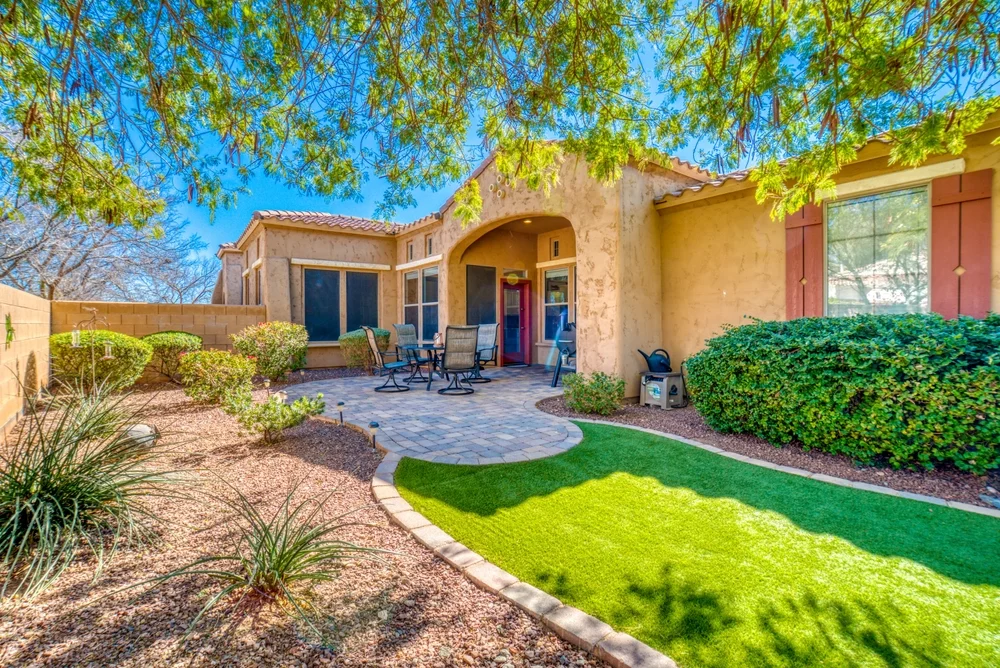
Self-Management vs. Hiring a Professional
Deciding whether to manage your rental property yourself or hire a professional property management company depends on your availability and expertise. Self-management allows for greater control and cost savings but requires significant time investment for tasks like tenant screening, maintenance, and rent collection.
Hiring a professional management company typically costs 8-12% of the monthly rental income but can save you time and ensure your property is managed professionally. Property managers handle everything from marketing and tenant relations to maintenance and legal compliance, allowing you to focus on growing your investment portfolio.
Setting Competitive Rental Rates
To set competitive rental rates, conduct a market analysis by comparing your property with similar rentals in the area. Regularly review local rental listings and adjust your rates accordingly to remain competitive. Consider modest annual rental increases of 2-3% to keep up with market trends and inflation, ensuring your rental income grows over time.
Offering incentives such as rent discounts for long-term leases or upgrades for lease renewals can also help attract and retain tenants, reducing turnover and maintaining a steady rental income.
Marketing Your Rental Property
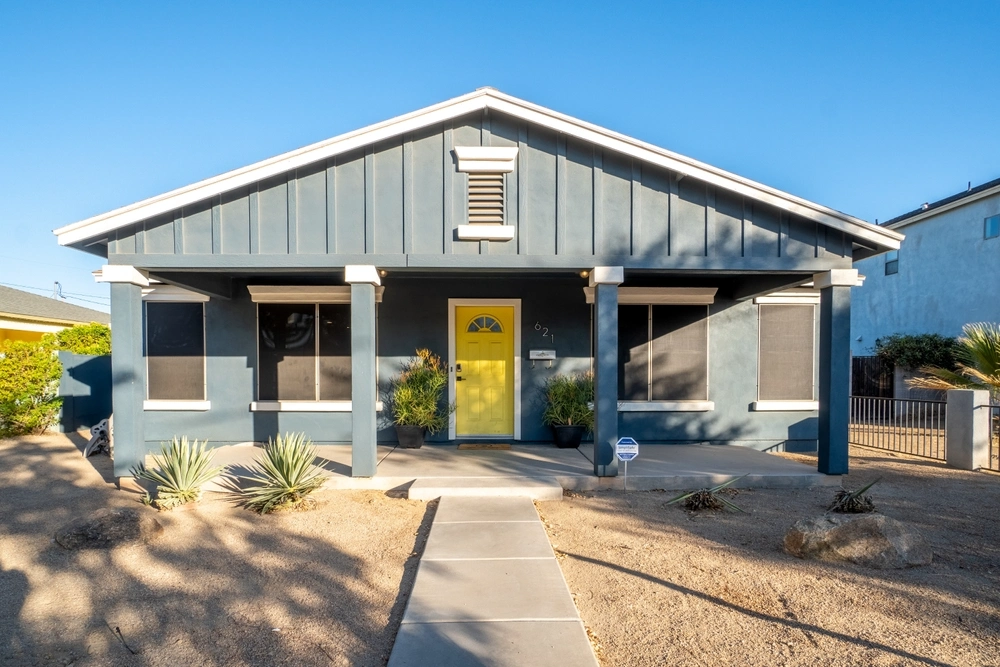
Online Listings and Advertising
Effective marketing is crucial to attract potential tenants in Arizona’s competitive rental market. Start by creating high-quality listings with professional photos and detailed descriptions highlighting your property’s unique features. Use popular rental platforms like Zillow, Trulia, and Apartments.com to ensure maximum visibility. According to recent data, properties listed with high-quality images and detailed descriptions receive 40% more inquiries than those without source.
Additionally, leveraging social media platforms like Facebook and Instagram can help reach a broader audience. Regular posts showcasing your property, local amenities, and community events can engage potential renters and enhance your property’s online presence.
Leveraging Social Media
Social media is a powerful tool for marketing rental properties. Create engaging content that highlights the best features of your property and the surrounding neighborhood. Utilize Facebook Marketplace to list your rental property, and use Instagram to post attractive photos and virtual tours. Engaging with local community groups and pages can also increase your property’s visibility. By tapping into these platforms, you can reach a larger audience and attract quality tenants quickly.
Screening and Retaining Tenants
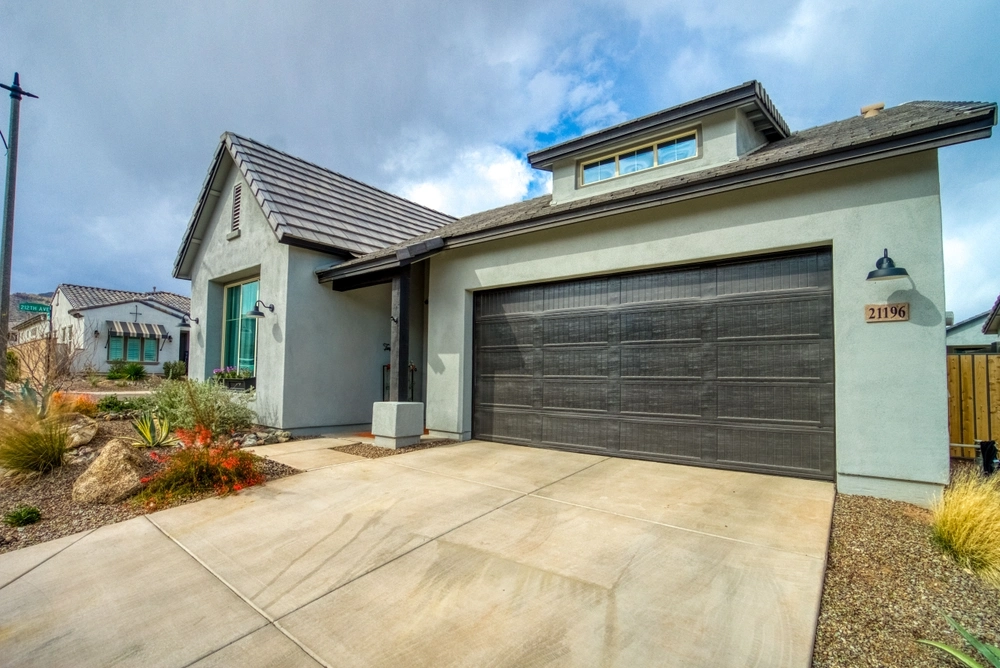
Tenant Screening Process
A thorough tenant screening process is essential to minimize risks and ensure long-term tenant satisfaction. Conduct comprehensive credit checks to assess financial stability and verify the tenant’s ability to pay rent consistently. Perform background checks to review criminal and eviction history, and contact previous landlords for rental verification. Employment verification is also crucial to confirm the applicant’s income and job stability.
Using a detailed tenant screening process helps you select reliable tenants who are more likely to pay rent on time and take good care of your property. This approach reduces the risk of turnover and property damage, ensuring a stable rental income.
Strategies for Tenant Retention
Retaining good tenants is key to maintaining a steady rental income. Offer lease renewal incentives such as rent discounts or property upgrades to encourage tenants to stay. Promptly address maintenance requests and keep open lines of communication to ensure tenant satisfaction. Regularly conducting property inspections and staying proactive with property maintenance can also help in retaining tenants.
Building a positive landlord-tenant relationship is crucial. Treat tenants with respect and professionalism, and make them feel valued. This approach not only helps in retaining tenants but also encourages them to take better care of your property.
Legal and Tax Considerations
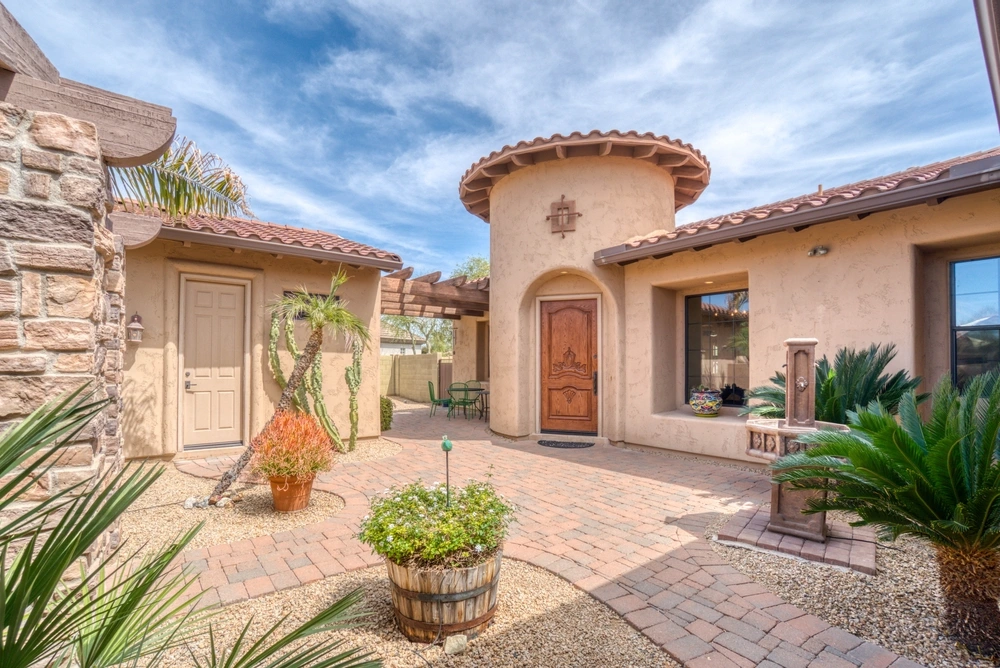
Understanding Landlord-Tenant Laws
As a landlord in Arizona, it’s crucial to understand and comply with the state’s landlord-tenant laws. Familiarize yourself with the Arizona Residential Landlord and Tenant Act, which outlines the rights and responsibilities of both parties. This includes guidelines on security deposits, lease agreements, and the eviction process. Staying informed about these laws helps prevent legal disputes and ensures a smooth landlord-tenant relationship.
Additionally, ensure that your lease agreements are comprehensive and clearly outline the terms and conditions. This helps protect your interests and provides a clear framework for resolving any issues that may arise.
Tax Benefits and Deductions
Owning rental property in Arizona comes with several tax benefits. You can deduct expenses such as mortgage interest, property taxes, insurance, maintenance, and repairs. Depreciation is another significant tax benefit, allowing you to deduct the cost of the property over its useful life. Consult with a tax professional to ensure you are taking full advantage of these deductions and to navigate any complex tax situations.
Understanding and utilizing these tax benefits can significantly enhance the profitability of your rental property investment, ensuring you maximize your return on investment.
Conclusion

Investing in rental properties in Arizona offers a lucrative opportunity to maximize your return on investment. By understanding the local rental market, selecting the right properties, and employing effective financing strategies, you can enhance your investment’s profitability. Focus on property upgrades and curb appeal to attract high-quality tenants, and utilize robust tenant screening and retention strategies to maintain a steady rental income.
Staying informed about Arizona’s landlord-tenant laws and leveraging tax benefits can further optimize your investment. Whether you choose to manage the property yourself or hire a professional management company, these strategies will help you navigate the complexities of rental property management and achieve long-term success in the Arizona real estate market.
With the right approach and dedication, you can turn your Arizona rental property investment into a thriving and profitable venture. Explore the resources available, stay updated with market trends, and make informed decisions to ensure your investment yields the best possible returns.
